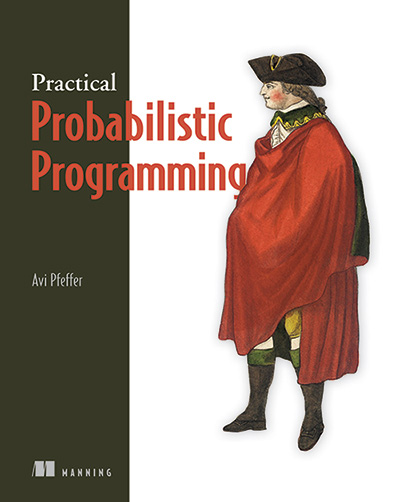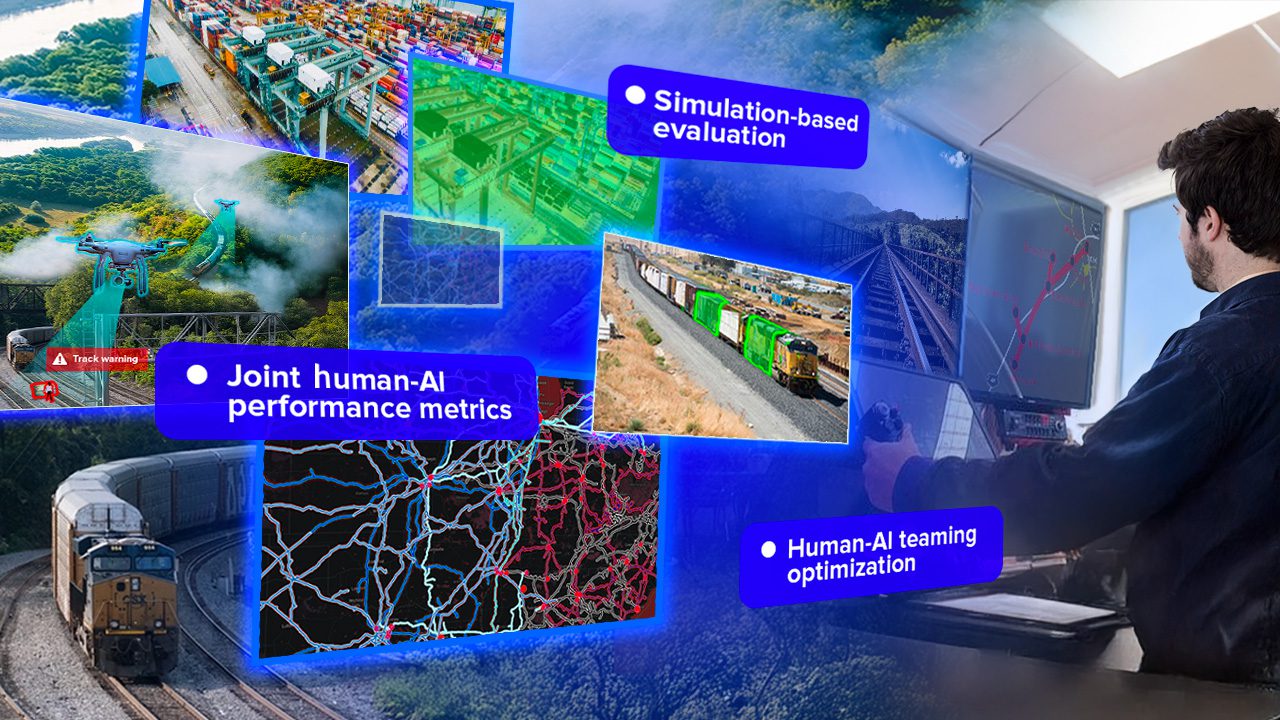Charles River Analytics Inc., developer of intelligent systems solutions, has received funding from the Defense Advanced Research Projects Agency (DARPA) as part of the Learning with Less Labels program. This program is focused on making machine-learning models more efficient and reducing the amount of labeled data required to build models. We are partnering with Northeastern University, University of British Columbia, and University of California Irvine to apply our probabilistic programming expertise to learning with fewer labels as part of our Probabilistic Label-Efficient Deep Generative Structures (PLEDGES) approach.
Deep learning models rely on large labeled training sets for accurate results. Unfortunately, labeling data is an expensive, time-consuming process, and the scarcity of labeled training data often results in brittle and incomplete models. Modelers require new approaches to machine learning that can achieve the same performance with fewer labels.
“Current machine learning methods require large numbers of labeled examples to understand the relationships between variables,” explained Dr. Avi Pfeffer, Chief Scientist at Charles River Analytics and Principal Investigator on the PLEDGES effort. “These methods may fail to generalize across tasks and to different situations. To address these limitations, we will develop methods to learn the intrinsic properties of the data with probabilistic modeling.”
Probabilistic models are a powerful approach to learning with less labeled data. Structured deep probabilistic models provide neural-like representations that allow comparable performance to state-of-art neural methods while learning from fewer labels. Under the PLEDGES effort, we will extend label-efficient semi-supervised learning, model transfer, and active learning to help analysts confidently leverage AI.

Dr. Pfeffer authored Practical Probabilistic Programming, which introduces readers to probabilistic programming and helps modelers without experience in machine learning create rich, probabilistic modeling applications
The PLEDGES approach pioneers research at the interface of probabilistic modeling and deep learning. Our world-class team of AI and machine learning experts create the requisite innovations that analysts need to solve real-world problems.
Contact us to learn more about PLEDGES and our other Probabilistic Modeling/Programming capabilities.
This material is based upon work supported by the United States Air Force and the Defense Advanced Research Projects Agency (DARPA) under Contract No. FA8750-19-C-0515. Any opinions, findings and conclusions or recommendations expressed in this material are those of the author(s) and do not necessarily reflect the views of the United States Air Force or DARPA.





